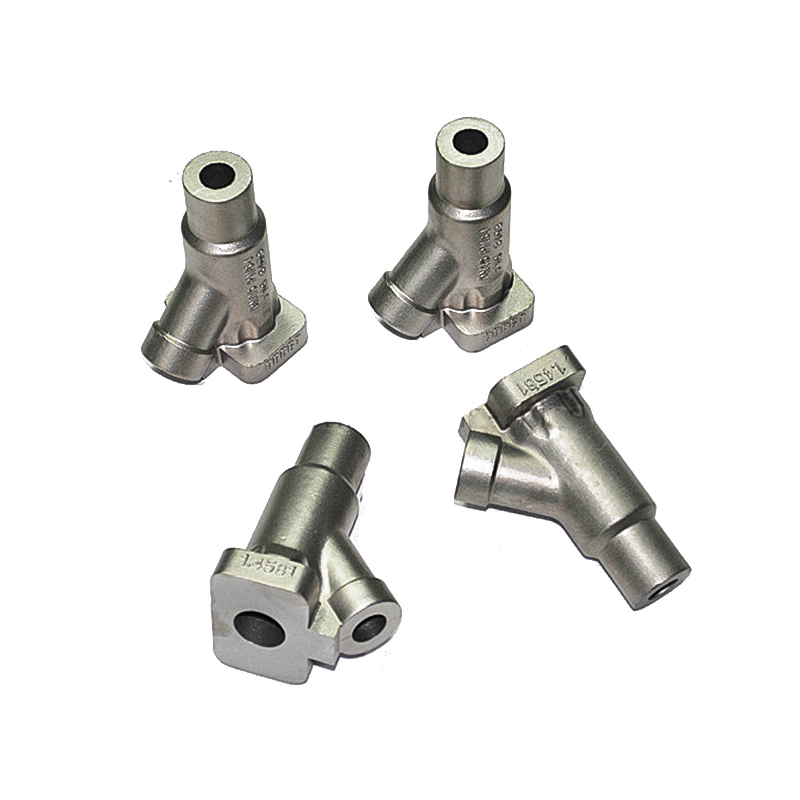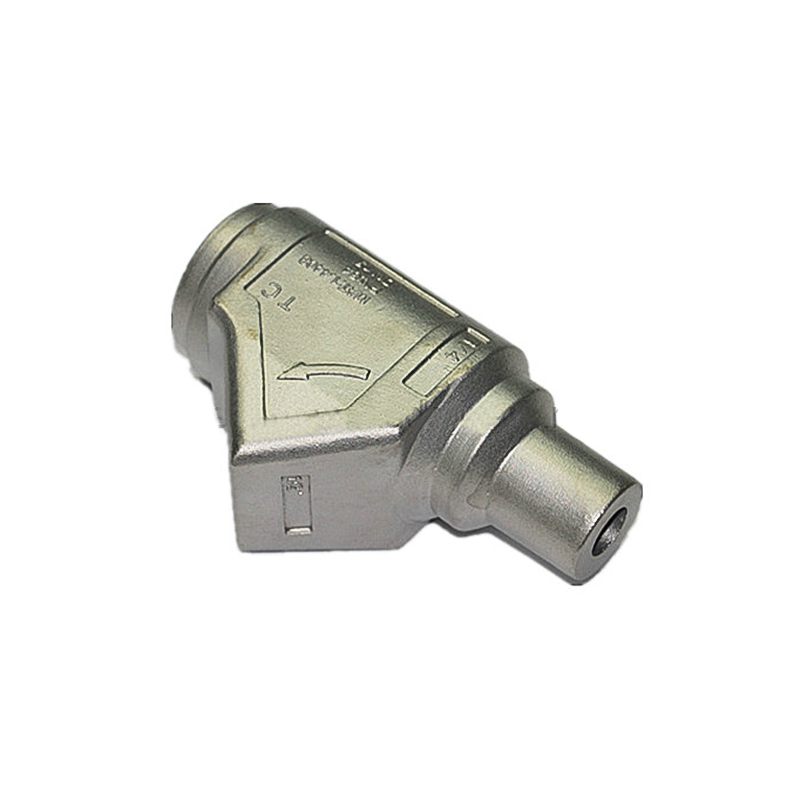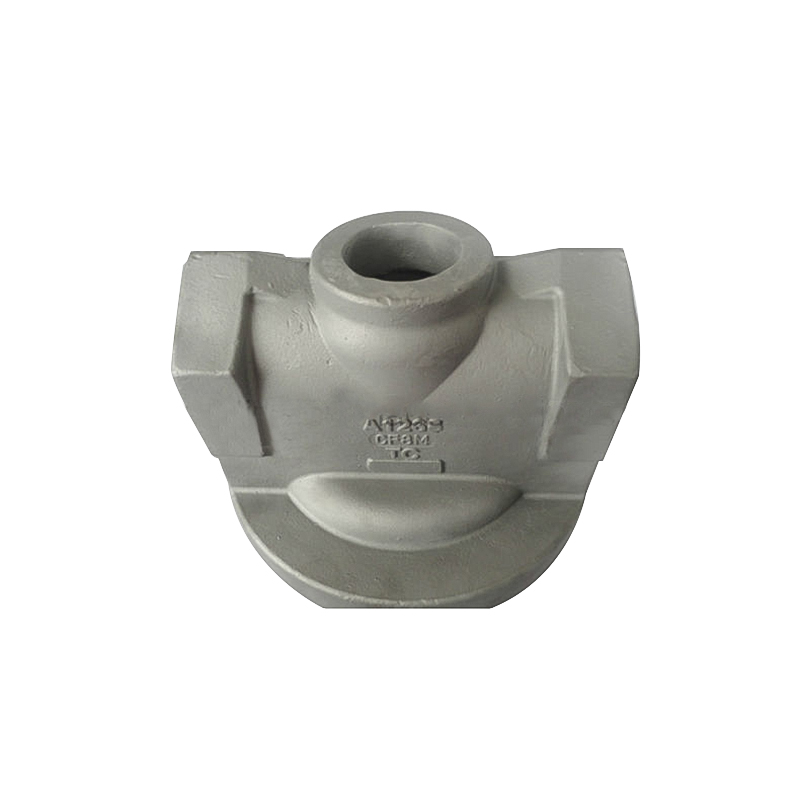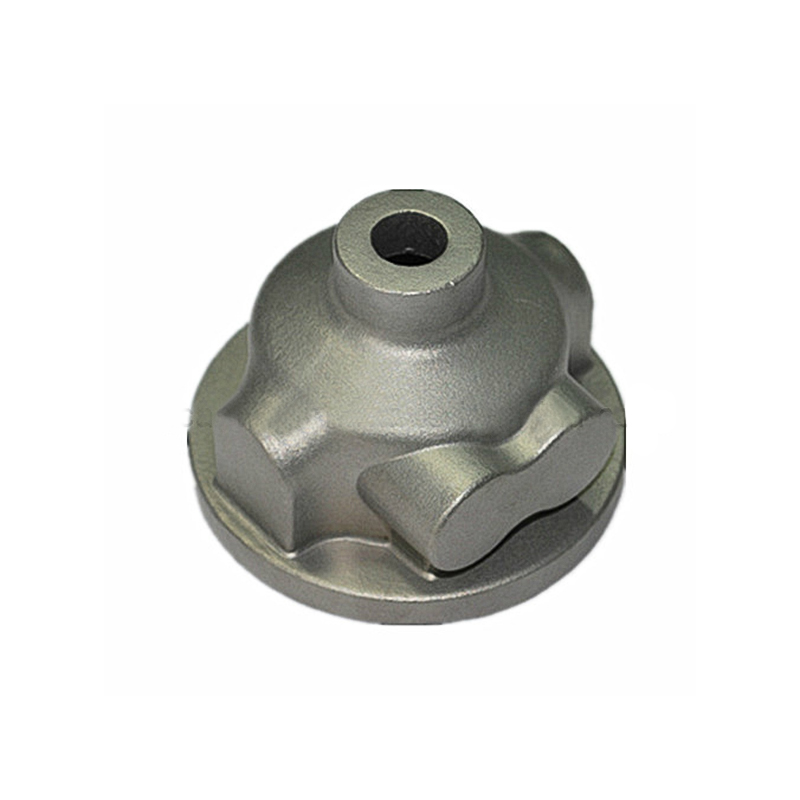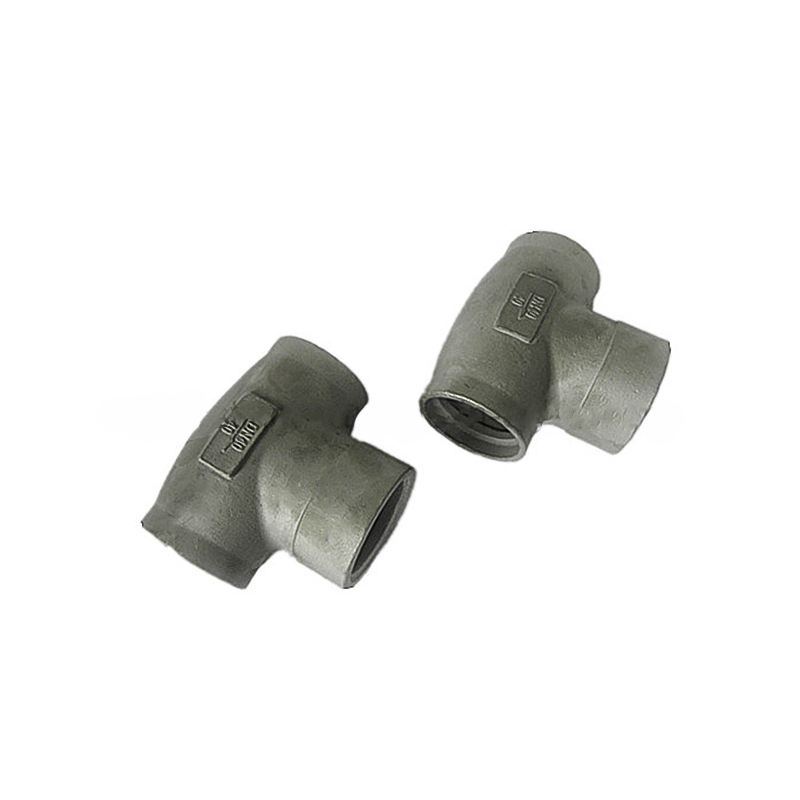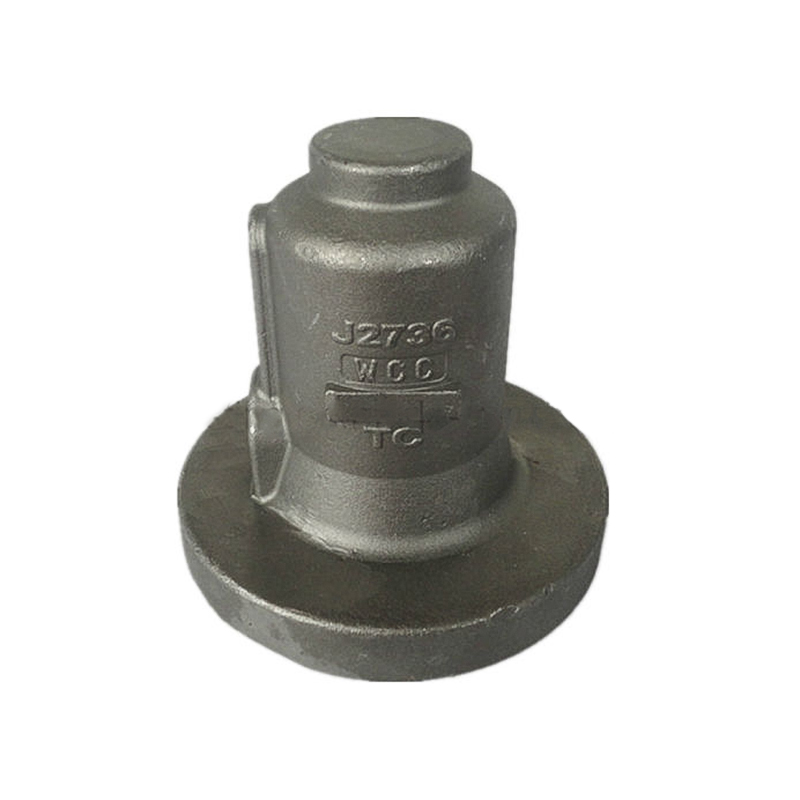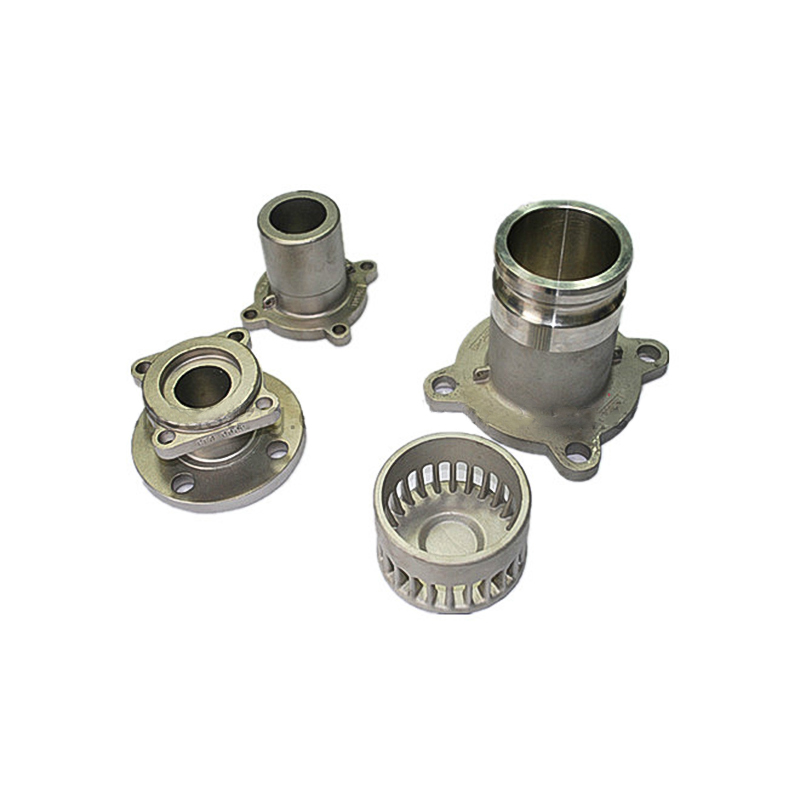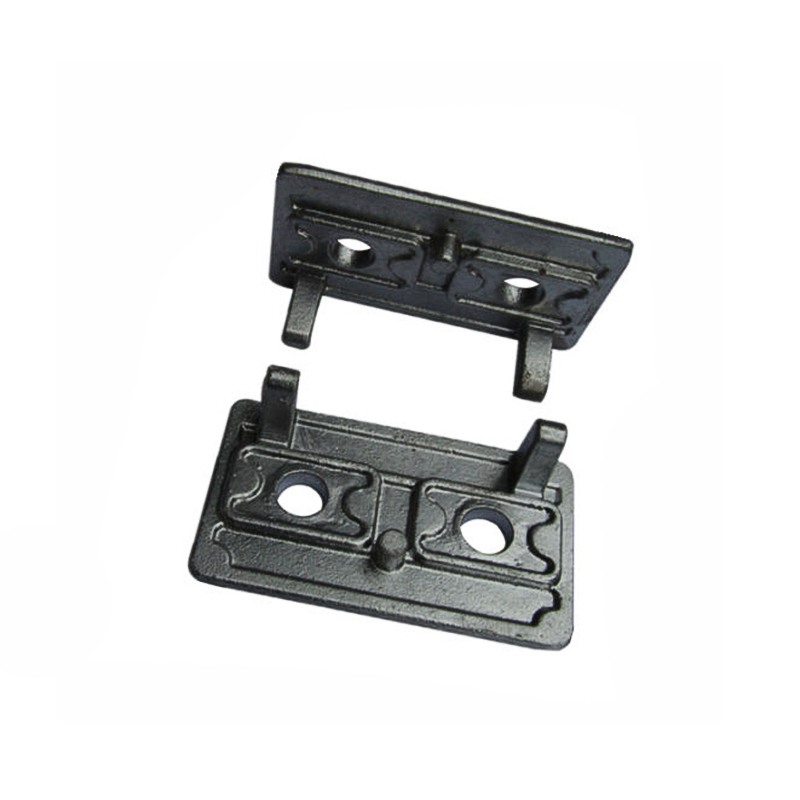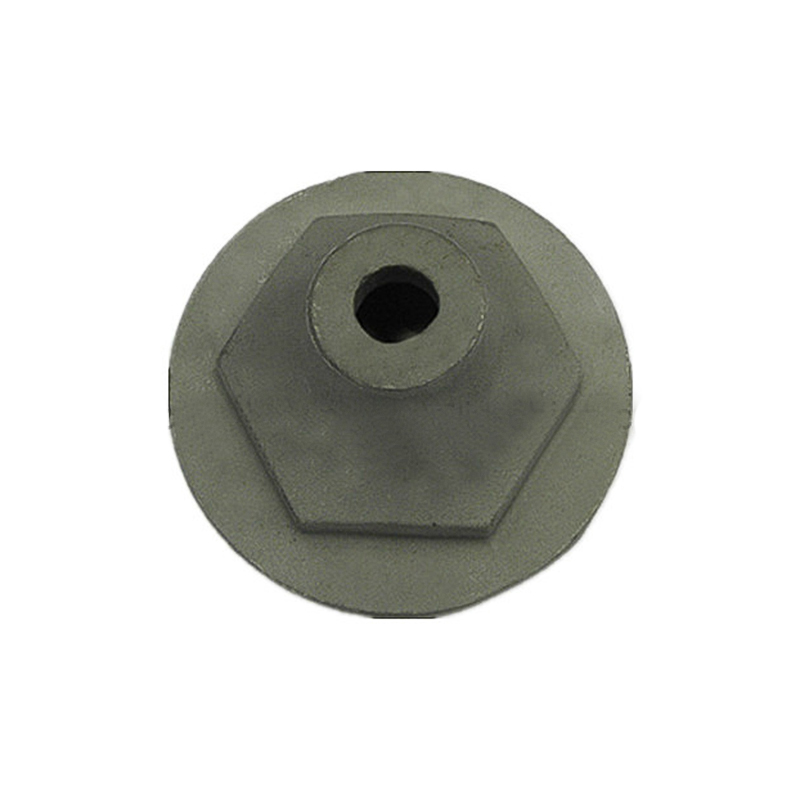The Important Role of Container Casting Parts in the Chemical Industry
With the rapid development of the global chemical industry, equipment manufacturing technology is becoming increasingly complex. This is especially true in environments involving high temperatures, high pressures, and highly corrosive chemicals, which places increasing demands on equipment safety, durability, and efficiency. Chemical containers, as core equipment, carry out crucial functions such as chemical reactions, material storage, and transportation. Container casting parts play a crucial role in the design and manufacture of these containers. In the chemical industry, in particular, container casting parts are not only crucial for the stable operation of the equipment but also directly impact production safety, efficiency, and cost control.
Basic Definition of Container Casting Parts
Container casting parts are components manufactured from metal materials through a casting process to specific shapes and functional requirements. These components are used in key locations in chemical equipment. The casting process involves heating metal to a high temperature, pouring it into a mold, and cooling and solidifying it to form the desired shape. This process offers a high degree of flexibility, enabling the production of complex components.
In the chemical industry, container casting parts are commonly used in key areas of equipment such as chemical reactors, storage tanks, pressure vessels, pipe connections, and valves. Common materials include carbon steel, stainless steel, alloy steel, and aluminum alloy, which maintain stable performance in high-temperature, highly corrosive, and high-pressure environments. Container casting parts, due to their sophisticated materials, design, and manufacturing processes, are essential for the safe operation of equipment in the chemical industry.
The Importance of Container Casting Parts
Ensuring Equipment Safety
The chemical industry operates in an extremely complex environment, involving risk factors such as high temperatures, high pressures, and highly corrosive chemicals. The use of container casting parts in chemical equipment directly impacts equipment safety, preventing major safety incidents caused by equipment failure. In particular, in equipment such as pressure vessels and reactors, container casting parts must possess sufficient strength and sealing properties to withstand internal and external pressures and chemical corrosion.
For example, in the petrochemical industry, pressure vessels are used to store and process flammable and explosive substances such as oil and natural gas. Any minor leak can have catastrophic consequences. Container casting parts, such as pipe fittings, valves, and flanges, play a critical role in sealing and connecting equipment, ensuring the airtightness of the equipment and preventing gas or liquid leaks, thereby ensuring safe operation.
Improving Equipment Durability and Reliability
Chemical equipment often operates under extreme conditions, exposed to high temperatures, high pressures, and corrosive media for extended periods. The quality of container casting parts directly impacts the equipment's durability and reliability. Using high-strength, corrosion-resistant casting materials can significantly extend the equipment's service life, reducing production interruptions and maintenance costs caused by equipment failures.
For example, in chemical reactors, container casting parts are used to create seals and joints. These components come into direct contact with the reactants and withstand the pressures and temperatures of the chemical reactions. If these components lack corrosion resistance and strength, the reactor may prematurely age or even rupture. Using high-performance container casting parts can effectively extend the reactor's service life and reduce the frequency of equipment replacement and maintenance.
Improving Equipment Operational Efficiency
In chemical production, efficient equipment operation is key to a company's competitiveness. Precision design and manufacturing of container casting parts ensures efficient coordination among various equipment components, reduces energy loss, and improves overall production efficiency. In particular, in chemical storage tanks and pipelines, the sealing and connection stability of container casting parts directly impact the smooth operation and efficient energy utilization of the entire production system. For example, container casting parts are used in valves, fittings, and flanges in chemical piping systems. The quality of these parts directly impacts the sealing and stability of the piping system. Leakage or failure in these parts can lead to material waste, increased energy consumption, and even impact the stability of the entire production line. High-quality container casting parts can effectively prevent these problems and ensure smooth production.
Reduced Maintenance Costs and Downtime
The high reliability and durability of container casting parts significantly reduce equipment failure rates and lower maintenance and replacement costs. Chemical equipment often operates in extreme environments. Any equipment downtime and repairs can disrupt production and cause significant economic losses. Using high-performance container casting parts can extend equipment life, reduce downtime and repair costs caused by equipment failure, and help companies save significant operating costs.
For example, the casting components of storage tanks must withstand internal pressure and external environmental influences. If the materials and workmanship are substandard, the tanks are prone to deformation or leakage, resulting in production downtime and significant repair costs. High-quality container casting parts ensure the safe and stable operation of storage tanks over a long period of time, reducing unnecessary maintenance and downtime.
Promoting Environmental Protection and Sustainable Development
With growing global attention to environmental protection and sustainable development, chemical industry equipment must not only deliver high performance but also meet environmental standards. The use of container casting parts not only improves the efficiency of chemical equipment but also reduces material leakage and contamination caused by equipment aging and corrosion. By using highly corrosion-resistant and high-strength materials, container casting parts ensure the environmental friendliness of equipment during operation and mitigate environmental pollution risks.
For example, container casting parts used in chemical reactors and storage tanks effectively prevent the leakage of corrosive substances, reduce soil and water pollution, and comply with environmental regulations. High-quality container casting parts also reduce resource waste caused by frequent component replacements, promoting green production.
Future Development Trends of Container Casting Parts
With the chemical industry's increasingly demanding equipment performance, container casting parts technology is constantly evolving and innovating. In the future, container casting parts will develop in the following directions:
1. Widespread Application of High-Performance Materials: In the future, chemical equipment will increasingly incorporate new high-performance materials, such as special alloys with high-temperature resistance, corrosion resistance, and fatigue resistance, to meet the increasingly complex and demanding working environments of the chemical industry. Furthermore, the environmental friendliness of materials will become a key design consideration, driving the industry towards green production.
2. Integration of Intelligent and Digital Manufacturing: With the application of intelligent manufacturing and digital technologies, the production of container casting parts will achieve more precise and efficient automated control. Through technologies such as the Internet of Things and big data analysis, the production, quality monitoring, and maintenance management of container casting parts will become more intelligent, thereby improving production efficiency and product quality.
3. Green Manufacturing and Resource Recycling: With increasing environmental protection requirements, the production processes of container casting parts will place greater emphasis on resource recycling, reducing waste emissions during production, and promoting the chemical industry's transition towards sustainable development.



 English
English Deutsch
Deutsch 简体中文
简体中文
